
If you are selling your home, one question that often comes up is can you sell a house without a boiler installation certificate. The short answer is: yes, it is possible, but it is not always straightforward. The process can vary depending on the paperwork you have, the age of your boiler, and how careful your buyers are.
This guide explains what the different certificates mean, when you need them, what to do if you have lost them, and how to avoid unnecessary problems during the sale.
What is a boiler certificate?
The phrase “boiler certificate” can refer to several different documents. This is often where confusion starts. The main types are:
- Gas Safety Certificate / Gas Safety Record (CP12)
Proof that your boiler has been inspected by a registered gas engineer for hazards such as gas leaks or carbon monoxide. This relates to the boiler’s current safety, not the original installation. - Boiler Installation Certificate / Building Regulations Compliance Certificate
Confirmation that your heating system was installed in line with building regulations. This is issued after installation and registration with the correct authority. It is the most important document when selling a property. - Landlord’s Gas Safety Check
A legal yearly requirement for landlords to show that gas appliances are safe for tenants. Homeowners do not need this unless they let out their property.
Can I sell my house without a boiler certificate?
Homeowners do not legally need a Gas Safety Certificate to sell a property. However, having one is sensible as it gives buyers peace of mind about the boiler’s condition.
The Boiler Installation Certificate, also called the Building Regulations Compliance Certificate, is different. This document confirms your boiler was installed correctly and legally. Solicitors often ask for it during the conveyancing process.
So, can you sell a house without a boiler installation certificate? Yes, you can, but you may face:
- More questions from the buyer’s solicitor.
- Delays while you try to find or replace it.
- Negotiations over the price.
- The risk of buyers changing their mind.
Why is the gas safety certificate important if it’s not a legal requirement?
While you do not have to provide a Gas Safety Certificate when selling your home, having one can make the process smoother. It reassures buyers that your property has been checked by a qualified Gas Safe engineer and certified safe.
Without it, buyers might be concerned about potential issues such as gas leaks or faulty appliances. This could lead to:
- Fewer offers.
- Delays while they arrange their own checks.
- Lower offers to cover perceived risk.
A certificate costs around £60–£90 and lasts a year. It can be a worthwhile investment, both for your safety before the sale and for attracting confident buyers.
The gas safety certificate is not a legal requirement to sell a house but the boiler installation certificate is?
That’s correct. The Gas Safety Certificate is optional for homeowners selling a property. However, the Boiler Installation Certificate (officially the Building Regulations Compliance Certificate) is a legal requirement when selling.
This document proves the boiler was installed safely and in line with regulations, and that the installation was reported to the local authority. Without it, you could face delays, buyer resistance, or even failed sales.
What certificates do I need when selling a house?
When selling a property in the UK, you will usually need:
- Energy Performance Certificate (EPC) – Required by law.
- Boiler Installation Certificate – Legally required for properties with a boiler.
- Title deeds – Proof of ownership.
- Leasehold/freehold documents – If applicable.
- TA10 form – Fittings and contents form.
- TA6 form – Property information form.
- ID – For anti-money laundering checks.
- Offer acceptance letter – From your solicitor or agent.
- Proof of mortgage repayments – For any outstanding loans.
Optional but recommended:
- Gas Safety Certificate – Gives buyers confidence in the property’s safety.
What Not to Fix When Selling Your House in the UK
Before selling, it can be tempting to renovate or replace things to impress buyers, but not all improvements are worth the cost. Examples of what not to fix include:
- Minor cosmetic issues – Small paint chips, scuffed skirting boards, or light marks on walls.
- Outdated décor – Buyers may prefer to decorate in their own style.
- Non-urgent repairs – Such as an older boiler that still works efficiently.
- Garden landscaping – A tidy garden is enough; full redesigns rarely add value before a sale.
Focus instead on cleaning, decluttering, and fixing obvious safety or functional issues.
What do Title Deeds Look Like?
Title deeds are the official documents proving who owns a property and outlining its boundaries and any restrictions. In the UK, they are now mostly held electronically by HM Land Registry, but older properties may still have paper deeds.
They typically include:
- The name(s) of the legal owner(s).
- A plan of the property and its boundaries.
- Information on mortgages or charges.
- Details of rights of way or restrictive covenants.
Your solicitor can get an official copy from the Land Registry if needed.
What are the Rules for A Shared Driveway?
A shared driveway is a driveway that gives access to more than one property. The rules are usually set out in the title deeds and may include:
- Right of access – Each property owner’s legal right to use the driveway.
- Maintenance responsibility – Often shared equally between owners.
- Restrictions – Such as no blocking access or parking in certain areas.
If you are selling a property with a shared driveway, it is important to make these rights and responsibilities clear to potential buyers, as disputes can put them off or delay the sale.
Obtaining a Replacement Building Regulations Compliance Certificate
if you have misplaced yours, it is usually straightforward to replace:
- After April 2009 – Contact the Gas Safe Register. If the boiler was registered, they can send a replacement for about £6.
- April 2005 – March 2009 – Contact CORGI, who handled registrations before Gas Safe took over. Their replacements cost around £40.
This small cost can save you stress later, so it is worth arranging early in the selling process.
Selling without a Building Regulations Compliance Certificate
If you cannot get a replacement, you still have some options:
- Offer indemnity insurance – This protects the buyer if issues arise about the lack of a certificate.
- Provide a current Gas Safety Record – This shows the boiler is safe to use now.
- Show service records – Demonstrates the boiler has been looked after.
While these steps can help, selling without the certificate may still lead to lower offers or a slower sale.
Home Buyers' Protection Insurance
House sales can fall through for many reasons – the buyer’s mortgage may be refused, they might change their mind, or problems could be found in the survey.
Home Buyers’ or Home Sellers’ Protection Insurance can cover costs such as legal fees if the sale does not go ahead for reasons beyond your control. Policies often start from around £69.
How to deal with emergencies at your rental property
If you are a landlord selling a tenanted property, you are still responsible for urgent repairs until completion.
That means dealing quickly with problems such as:
- Burst pipes.
- A faulty boiler.
- A broken heating system.
Keeping a valid Gas Safety Certificate and having reliable tradespeople ready to help will protect your tenants and the property’s value.
Exploring Alternatives to Equity Release
If you are selling mainly for financial reasons, it is worth considering other options first.
Alternatives to equity release include:
- Downsizing to a smaller home.
- Remortgaging to access funds.
- Renting out part of your home to create extra income.
These can release money without having to sell the property completely.
Selling a home without a boiler installation certificate isn’t impossible, but it can make the process slower and more stressful. Having the right paperwork in place — from your Boiler Installation Certificate to a current Gas Safety Record — gives buyers peace of mind and helps your sale move smoothly.
If you’re unsure whether your boiler is up to standard or can’t find your documentation, we can help. At SAS Gas, our qualified engineers provide professional boiler service in Sheffield to make sure your system is safe, compliant, and running efficiently. And if you’re thinking about replacing an older system, we also offer expert boiler installation in Sheffield with full certification and registration included.
Get in touch with us today for honest advice and reliable support — we’ll help you keep your property safe, compliant, and ready for sale.
FAQs
Find answers to your most pressing questions about plumbing and heating services.
No, it isn’t illegal, but the Building Regulations Compliance Certificate is technically required to prove your boiler was installed correctly. Without it, selling may be slower and involve more negotiation.
A Gas Safety Certificate confirms the current safety of your boiler, while the Boiler Installation Certificate proves it was installed in line with building regulations.
Yes, but you might put off some buyers or have to lower your asking price. Having at least a Gas Safety Record and service history will help.
From the Gas Safe Register, it’s around £6. From CORGI (for older installations), it’s about £40.
It can reassure buyers, but it doesn’t replace the actual certificate. Some buyers may still insist on the real document.
Still have questions?
We're here to help you with any inquiries.
Looking for Help
with your Plumbing?
Contact us now
Explore Our Other Insights
Stay updated with our plumbing and heating tips.

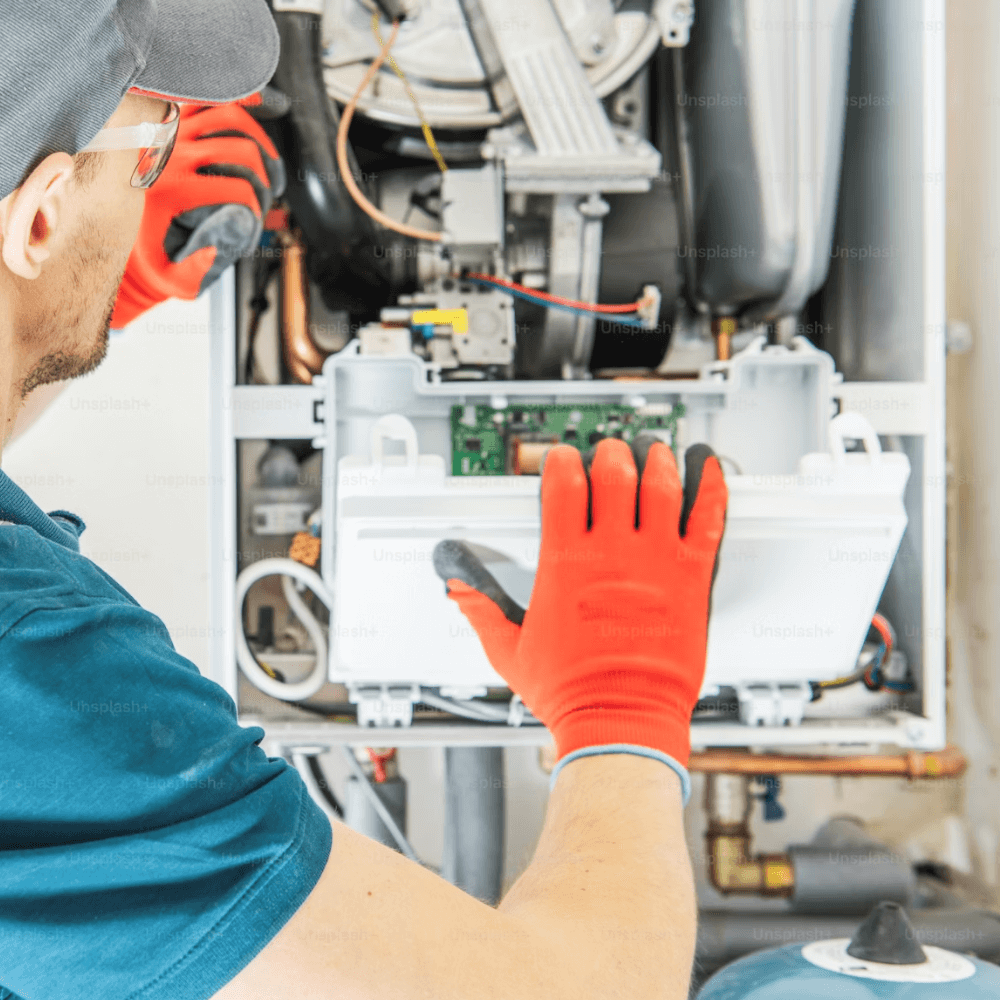
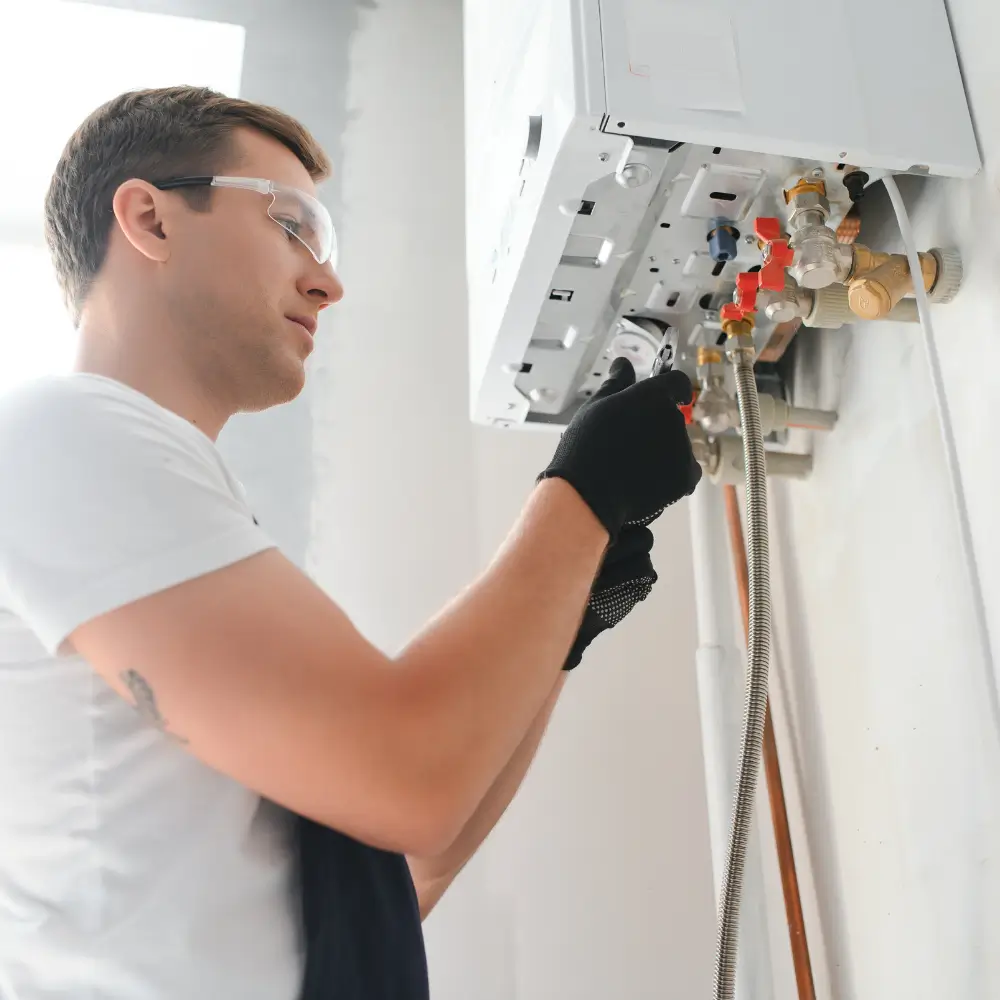
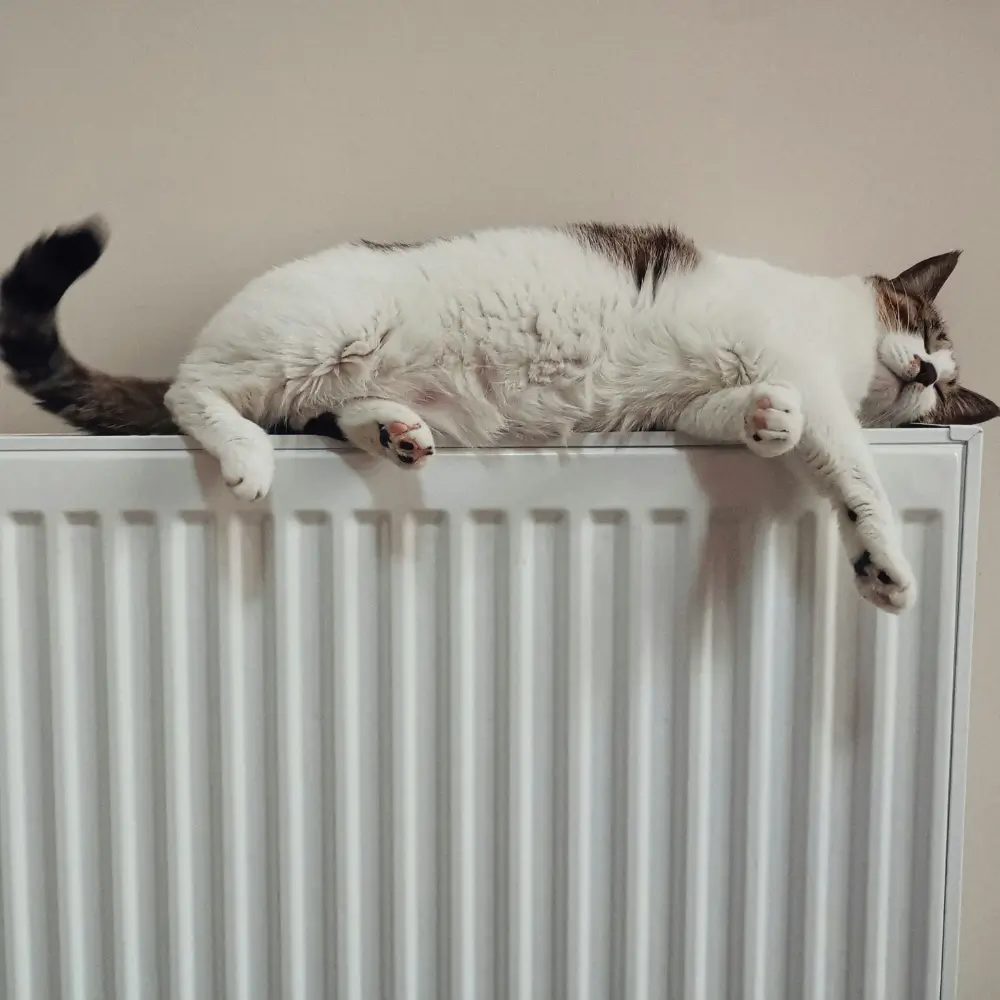
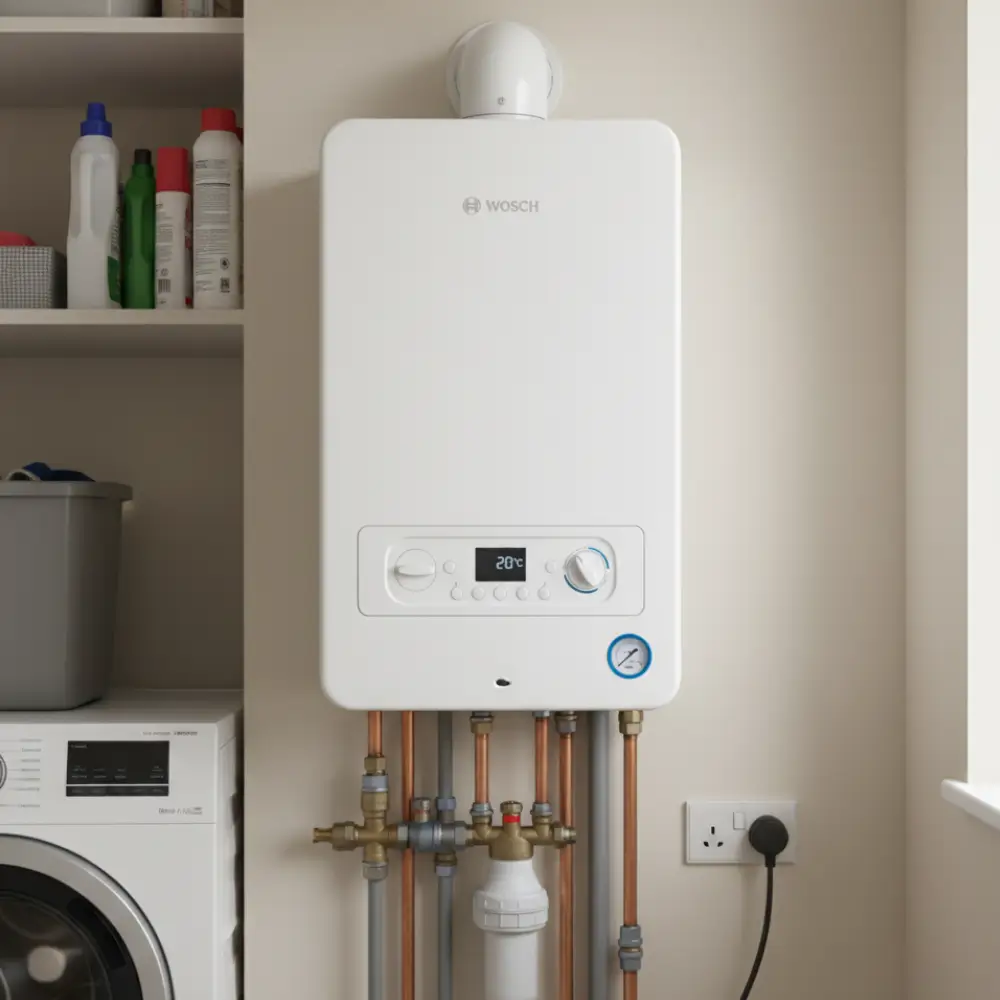
.webp)
.webp)
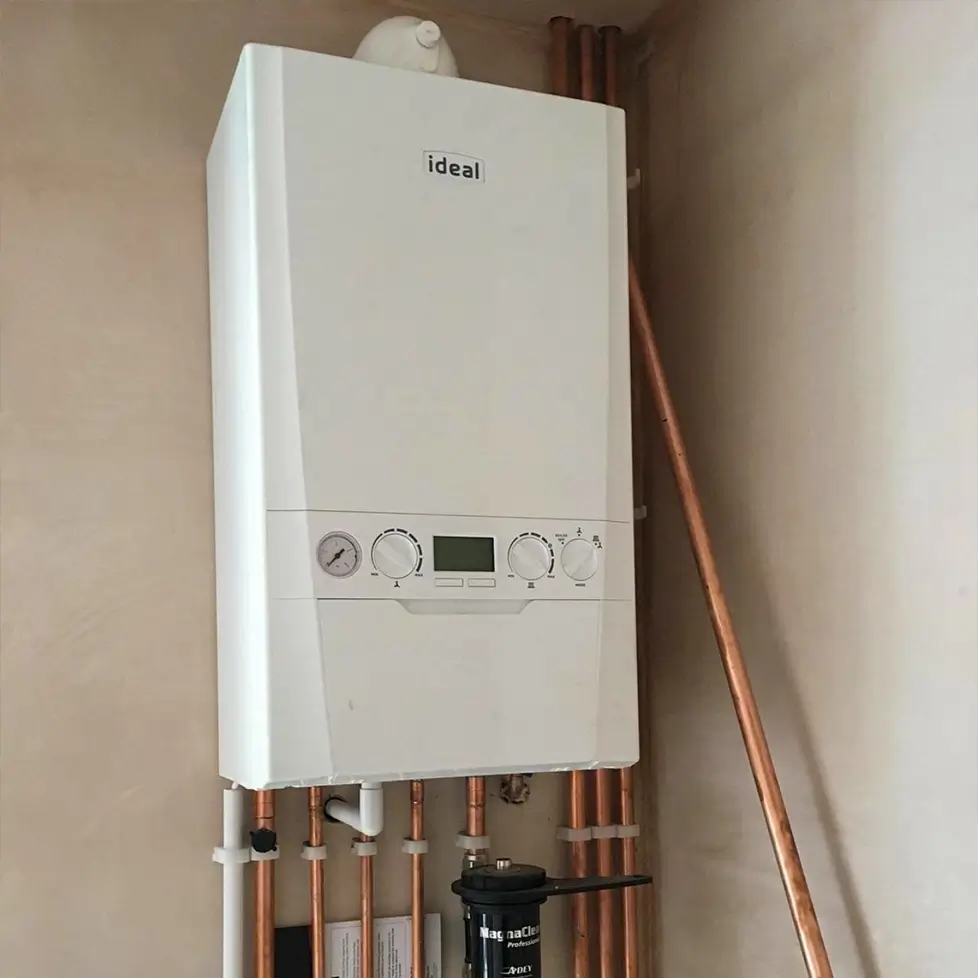
.webp)

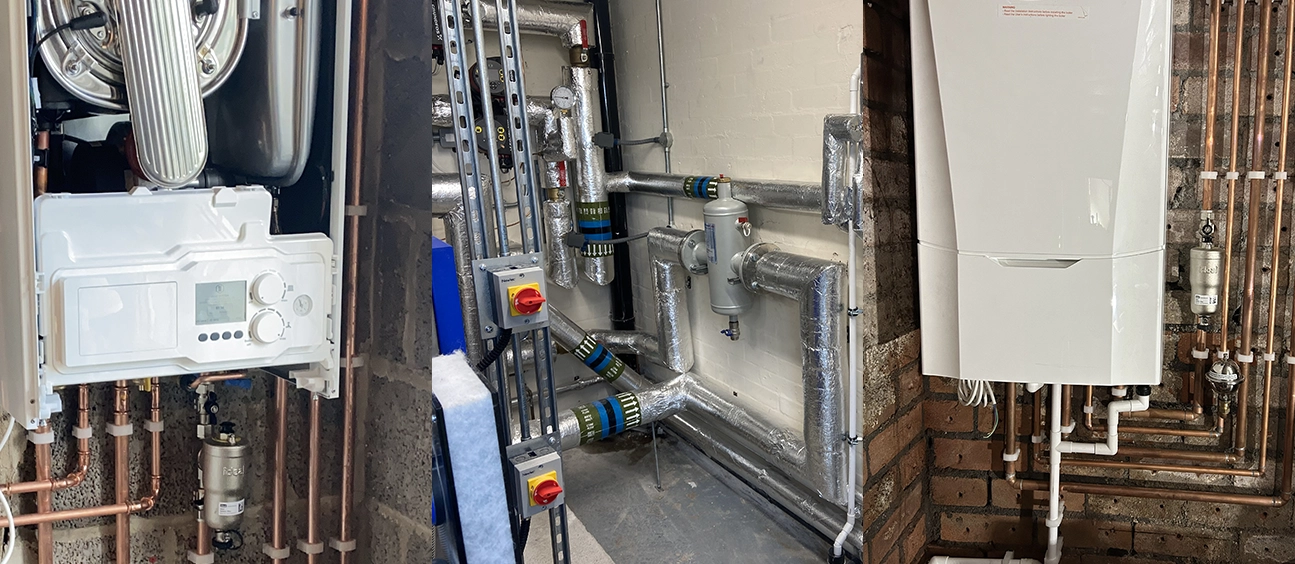
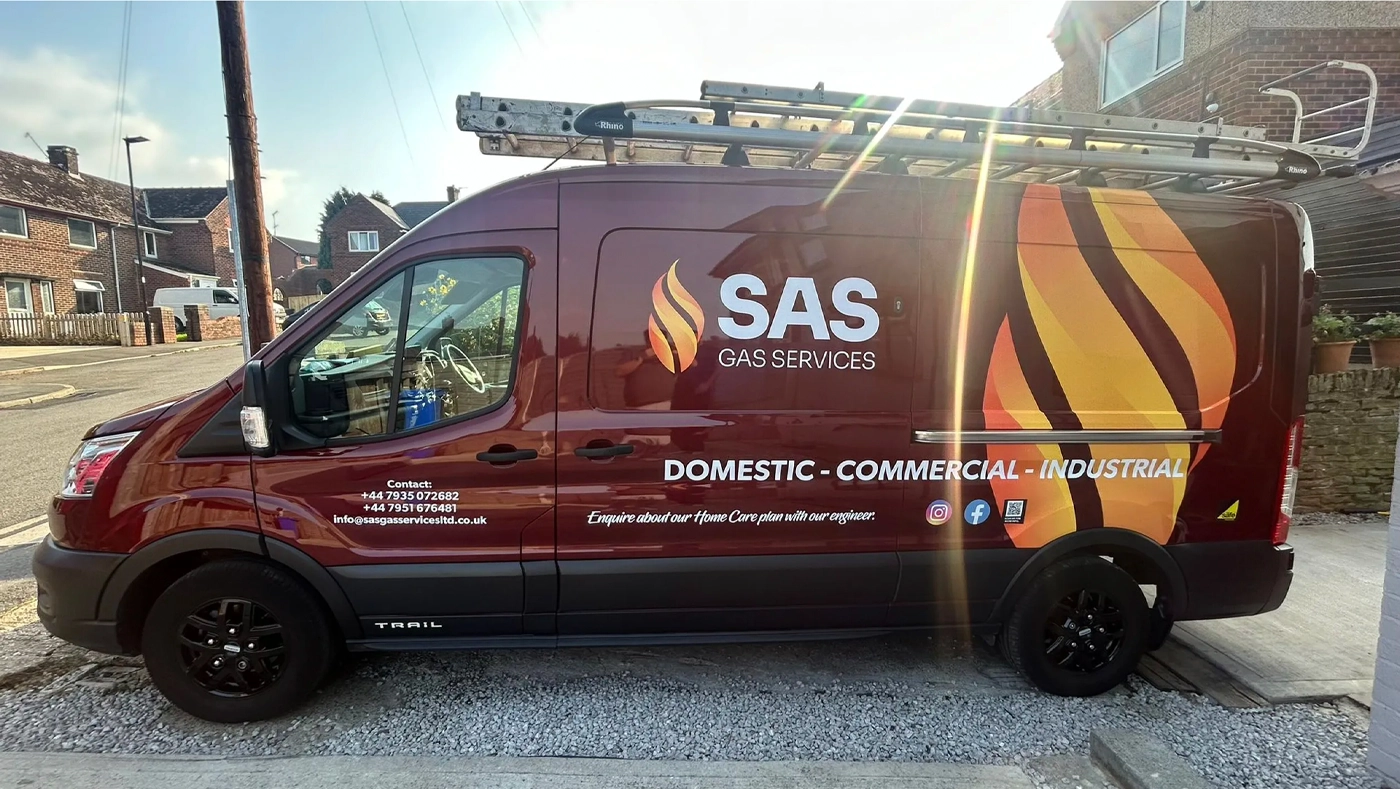
.webp)

